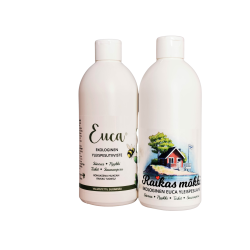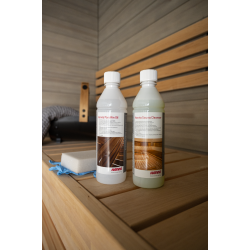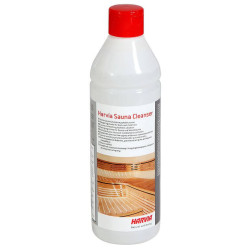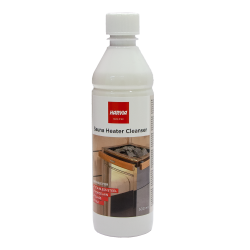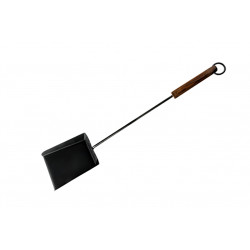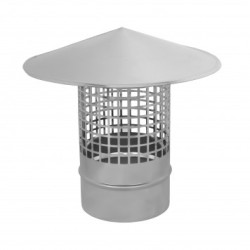At the end of autumn, as winter approaches, the great sauna season begins – a time when hot steam, the aromatic scent of birch whisks, and relaxation by a warm stove become a true pleasure. However, before immersing yourself in this ritual, it’s important to ensure that the sauna and its heart – the stove – are properly prepared for the cold season. Proper maintenance not only ensures safe use but also helps prevent one of the most unpleasant issues – the smell of burning in the sauna.

Wood-burning sauna stoves: cleaning and maintenance

A wood-burning sauna stove is a traditional choice, valued for its authentic heat and unique atmosphere. However, such a stove requires more maintenance than an electric one. First, the inside of the stove should be cleaned of soot, ashes, and combustion residues. This can be done using special brushes or scrapers designed for cast iron or steel stoves.

Chimneys and flues are areas where the most soot accumulates during the summer. They should be cleaned at least once a year, preferably before the heating season begins. A layer of soot not only reduces draft but also increases the risk of fire. Chimney cleaning should be done with special brushes, the bristles of which are selected according to the chimney’s diameter and material.
Some sauna owners also use traditional methods – for example, burning potato peels or dry aspen wood, which helps loosen soot from the walls. However, these methods should not replace the mechanical cleaning and maintenance of a wood-burning sauna stove.
Water heaters and stove accessories maintenance

Water heaters are often used in wood-burning saunas – they can be mounted next to the stove or directly onto the chimney. Before the season starts, it’s worth checking whether the tank is rusty or has accumulated sediment inside.
If the water in the sauna is hard, lime scale and metal oxides can not only reduce water quality but also create a distinctive burnt or metallic odor, especially when the stove heats up to high temperatures. In such cases, the inside of the water heater should be cleaned using special descaling and sediment removal agents.
How to prevent a burning smell in the sauna?

A burning smell is a sign that the stove or chimney is not completely clean and that the combustion process is not optimal. Here are a few tips to help prevent it:
- Use dry firewood. Damp wood burns poorly and produces a lot of smoke and soot, which settles on the chimney walls and emits a harsh odor. The best choice is dry birch or alder wood.
- Ensure proper draft. Poor draft in the stove is one of the main causes of a burning smell. Check that the chimney is not blocked and that the air supply to the stove is sufficient.
- Ventilate the sauna after each use. After a sauna session, leave the door or window slightly open to allow any remaining smoke and moisture to escape.
- Clean the stones. Over time, sauna stones can accumulate soot, ash, or even moldy smells, especially if stored in a damp environment. Stones should be washed and dried at least once every few months.
- Do not pour essential oils directly on the stones. Although it may seem tempting, oils that burn on hot stones can produce an unpleasant, scorched smell. Instead, add a few drops to the water that will be poured over the stones.
Electric stoves: are they easier to maintain than wood-burning ones?

Cleaning an electric sauna stove is generally easier – there’s no need to deal with firewood or chimneys. However, it still requires some care. Once per season, it’s worth disassembling the stone area, cleaning out dust buildup, and checking the heating elements.
If a burnt smell is detected in the sauna, the reason is often that the stove is installed too close to the walls or floor, preventing proper air circulation.
Also, if an electric sauna is used infrequently, it’s worth “purging” it – heating it to maximum temperature in an empty sauna to remove any accumulated moisture and dust.
A clean sauna – a clean scent

A sauna is not only about heat and steam but also about the complete sensory experience. To make the ritual enjoyable, it’s important to ensure that neither the stove, the chimney, nor the flues emit any burning or smoky odors. Regular maintenance, clean water heaters, proper ventilation, and quality firewood are simple yet effective ways to ensure that your sauna always smells of natural wood and pure steam.


